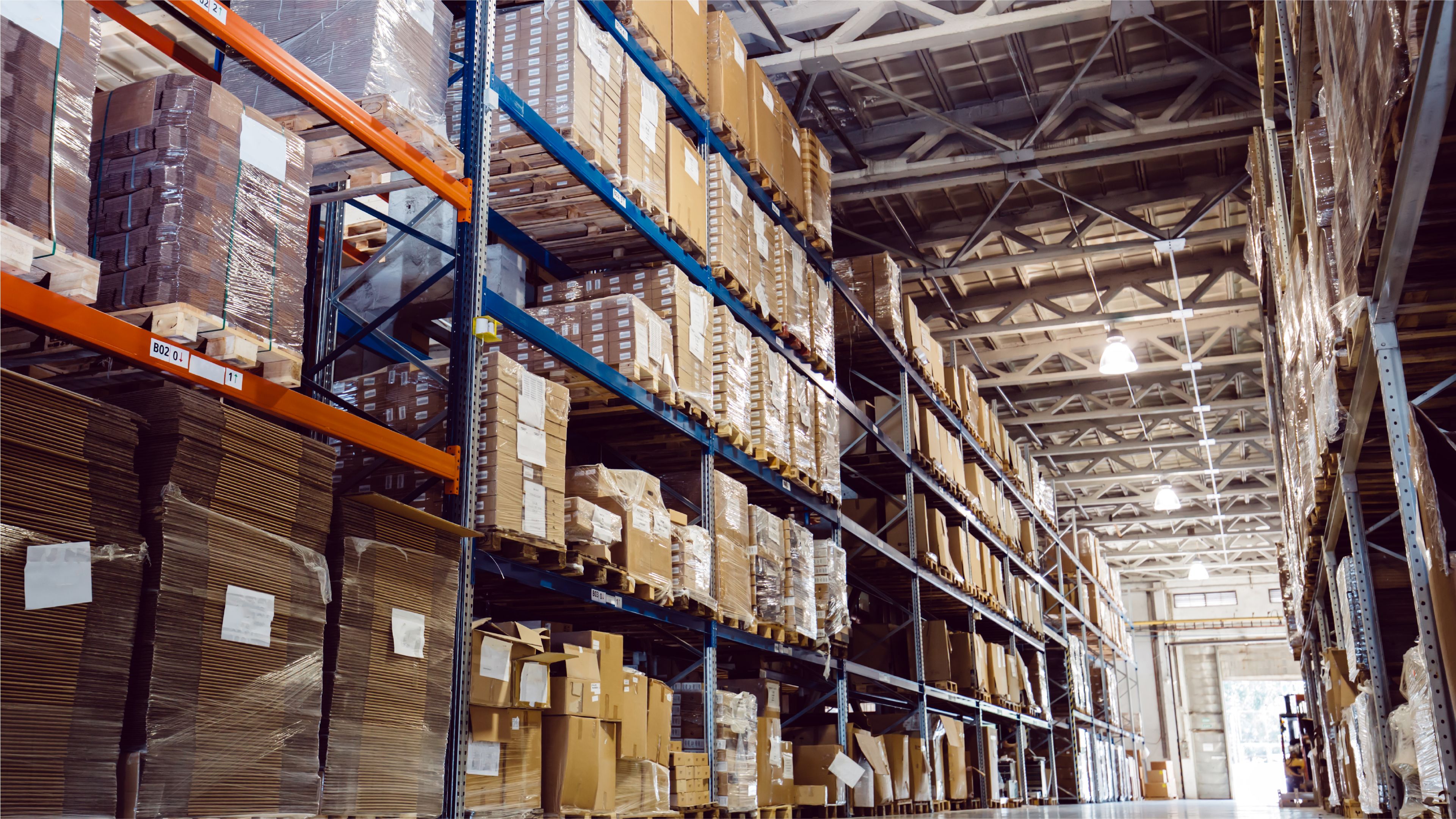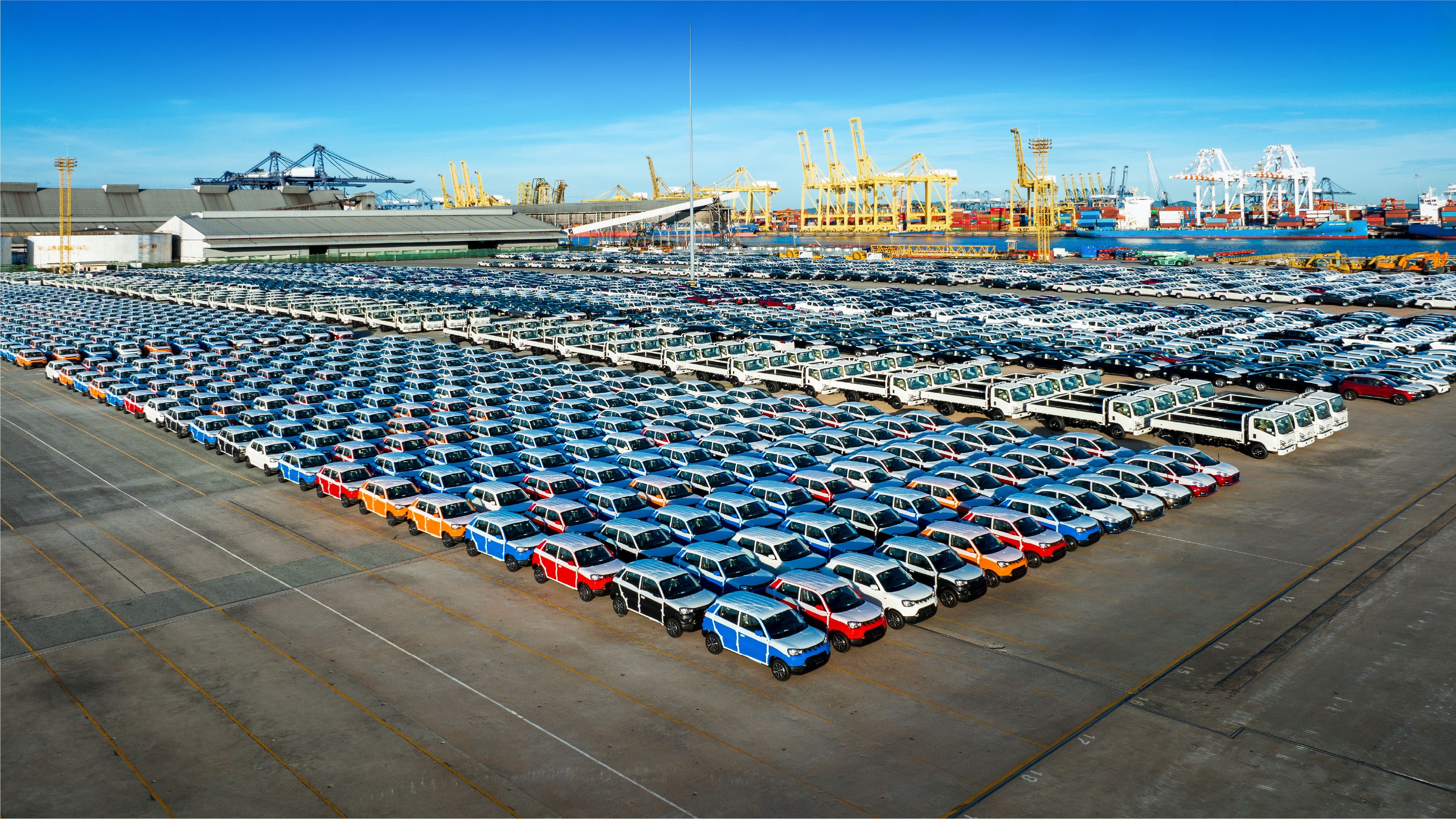How Importing Impacts the Economy?






The practice of importing has been an essential part of human civilization for centuries. From the Silk Road to the Age of Exploration, importing has fueled economic development, facilitated cultural exchange, and spurred technological advancements. In today's globalized world, importing has become more accessible and efficient than ever before, allowing nations to tap into the comparative advantages of other countries.
The global economy thrives on international trade and exchanging goods and services between nations. Importing, in particular, plays a pivotal role in shaping national economies, promoting economic growth, and providing consumers with a diverse range of products. As the demand for imported goods continues to rise, it is crucial to understand the background, significance, and impact of imports on the overall economy. This article delves into the key aspects of importing, exploring its historical context, value in driving economic progress, and the parameters that highlight its importance in global trade.
Importance of Importing
Importing helps nations achieve a favorable supply-demand balance, preventing shortages, maintaining price stability, and enhancing overall market efficiency.
Imports serve as critical parameters in assessing the economic well-being of nations. They represent a country's demand for foreign goods and services, reflecting consumer preferences, needs, and the overall quality of life. By diversifying the range of available products, imports promote competition in domestic markets, driving innovation and raising living standards for consumers.
Moreover, importing helps nations achieve a favorable supply-demand balance, preventing shortages, maintaining price stability, and enhancing overall market efficiency. In addition, imports often complement domestic production, enabling industries to access necessary raw materials, intermediate goods, and capital machinery at an affordable cost. Countries can improve their productivity, foster economic growth, and generate employment opportunities by creating a symbiotic relationship between imports and domestic production.
Benefits of Importing

💡More choice than Domestic: Due to limited resources or specialized industries, domestic markets often need help offering multiple products. Importing allows businesses and consumers access to an extensive range of goods that may not be locally available. This increased choice broadens the market and presents consumers with more options for their specific needs and preferences.
💡Stimulates healthy competition among businesses: When domestic companies face competition from international suppliers, they are motivated to innovate, improve efficiency, and provide better products and services. This competition ultimately benefits consumers by offering them improved quality, better prices, and greater choices. Importing plays a crucial role in driving economic growth, fostering healthy competition, and enriching the consumer experience.
Impact of Importing on the economy
Importing goods and services profoundly impacts an economy, both positively and negatively.
| Positive Impact | Negative Impact |
Consumer Welfare
| Effect on Domestic Industries and Employment
|
Impact on Foreign Exchange Rates
Importing is crucial in shaping foreign exchange rates, influencing a country's trade balance. When a country imports more than it exports, it runs a trade deficit, increasing demand for foreign currencies. As a result, the domestic currency depreciates relative to other currencies, affecting the purchasing power of consumers in the international market.
Conversely, when a country exports more than it imports, it experiences a trade surplus, increasing demand for its currency. This appreciation of the domestic currency can make imports cheaper for domestic consumers, further positively influencing consumer welfare and purchasing power.
Case Example - American Automotive

A prime example of how importing has affected both the economy and the industry can be observed in the case of the American automotive sector. In recent years, American car manufacturers have increasingly relied on importing automobile parts from other countries, notably China and Mexico. While this strategy boosted profitability for these companies by reducing production costs, it also resulted in a structural shift within the industry. As more American carmakers outsourced their manufacturing operations, numerous domestic auto parts suppliers grappled with declining demand, eventually leading to mass layoffs and factory closures. This real-world scenario highlights the complex interplay between importing, economies, and industries, underscoring the need for a balanced approach that safeguards domestic production and economic growth.
In conclusion, it is evident that importing plays a substantial role in shaping the economy. While there are valid concerns about the dependence on foreign goods and the potential adverse effects on domestic industries, the broader impact of imports cannot be ignored. Importing fosters a competitive market, allowing consumers to access a wider range of products at more affordable prices. It also encourages specialization within nations by providing access to resources and goods that may be scarce domestically. Moreover, importing stimulates international trade, leading to increased global cooperation, economic growth, and opportunities for job creation. However, careful trade policies and regulations ensure a fair and balanced import system supporting domestic producers and consumers while promoting overall economic stability.

Looking to grow your wealth through social trading? Look no further than Pocket Trader! With Pocket Trader, you can connect with other traders, learn from experienced investors, and share your own insights with the community! Trade wiser now.


